- Home
- Outdoor Equipment
.....Read More
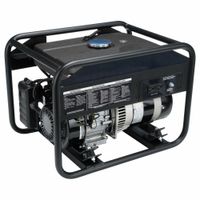
Electrical Generators & Power Stations
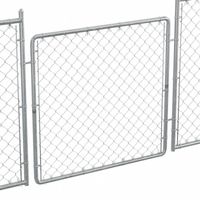
Fencing
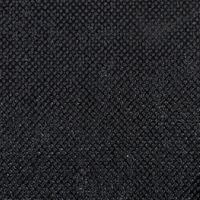
Garden Fabrics, Erosion Control Blankets & Tree Care
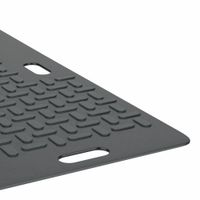
Ground-Protection Mats
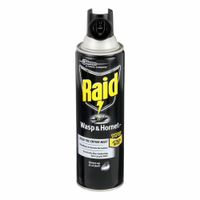
Insect & Wildlife Control
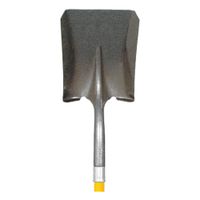
Outdoor Hand Tools
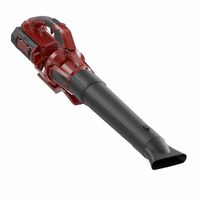
Outdoor Power Equipment
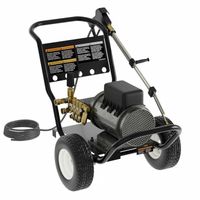
Pressure Washers
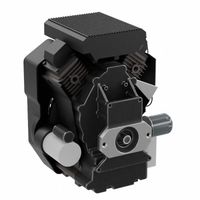
Small Engines & Accessories
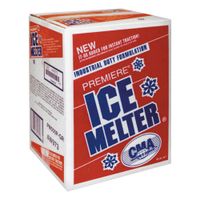
Snow & Ice Removal
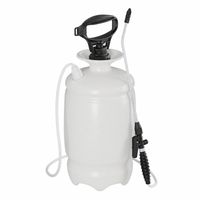
Sprayers & Foggers
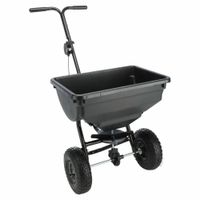
Spreaders
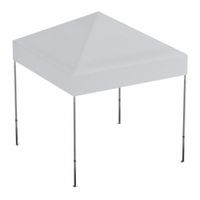
Temporary Outdoor Structures & Furniture
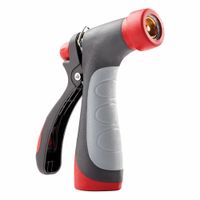
Watering Equipment & Irrigation Systems
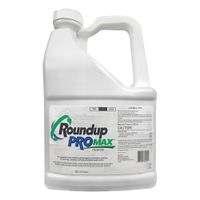
Weed Killers & Herbicides
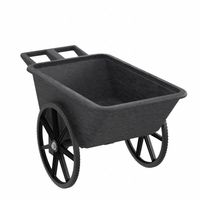
Wheelbarrows
Frequently Asked Questions
What are the best outdoor equipment brands for lawn maintenance?
How do I choose the right weed killer for my garden?
What are the most effective hand tools for landscaping?
How do I maintain and store wheelbarrows for long-term use?
What type of garden fabric is best for weed suppression?
How do I install and maintain a small engine for outdoor equipment?
What are the benefits of different types of irrigation systems?
How do I select a reliable electrical generator for power outages?
What are the best methods for insect and wildlife control outdoors?
How do I use a pressure washer safely to clean outdoor surfaces?